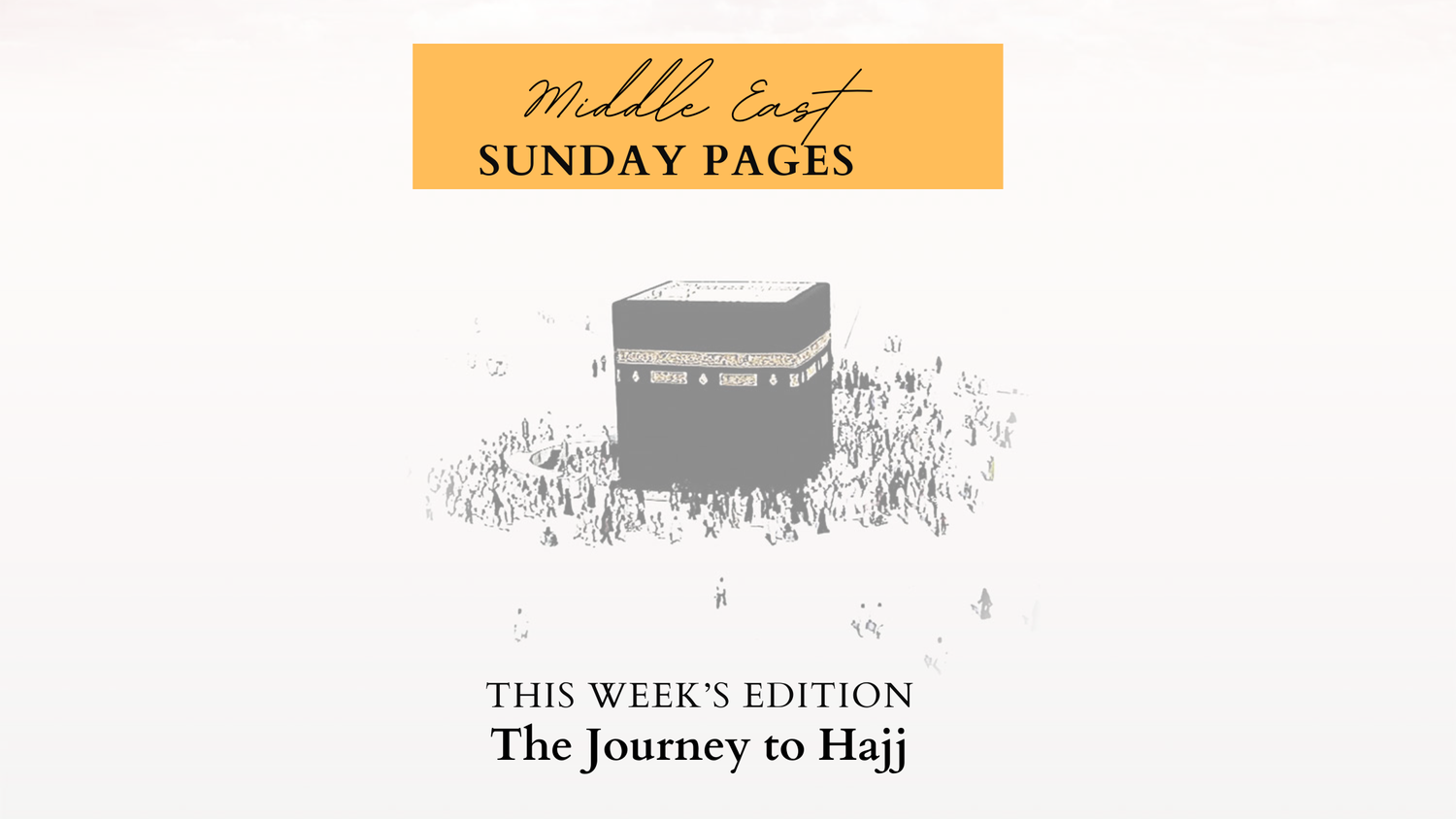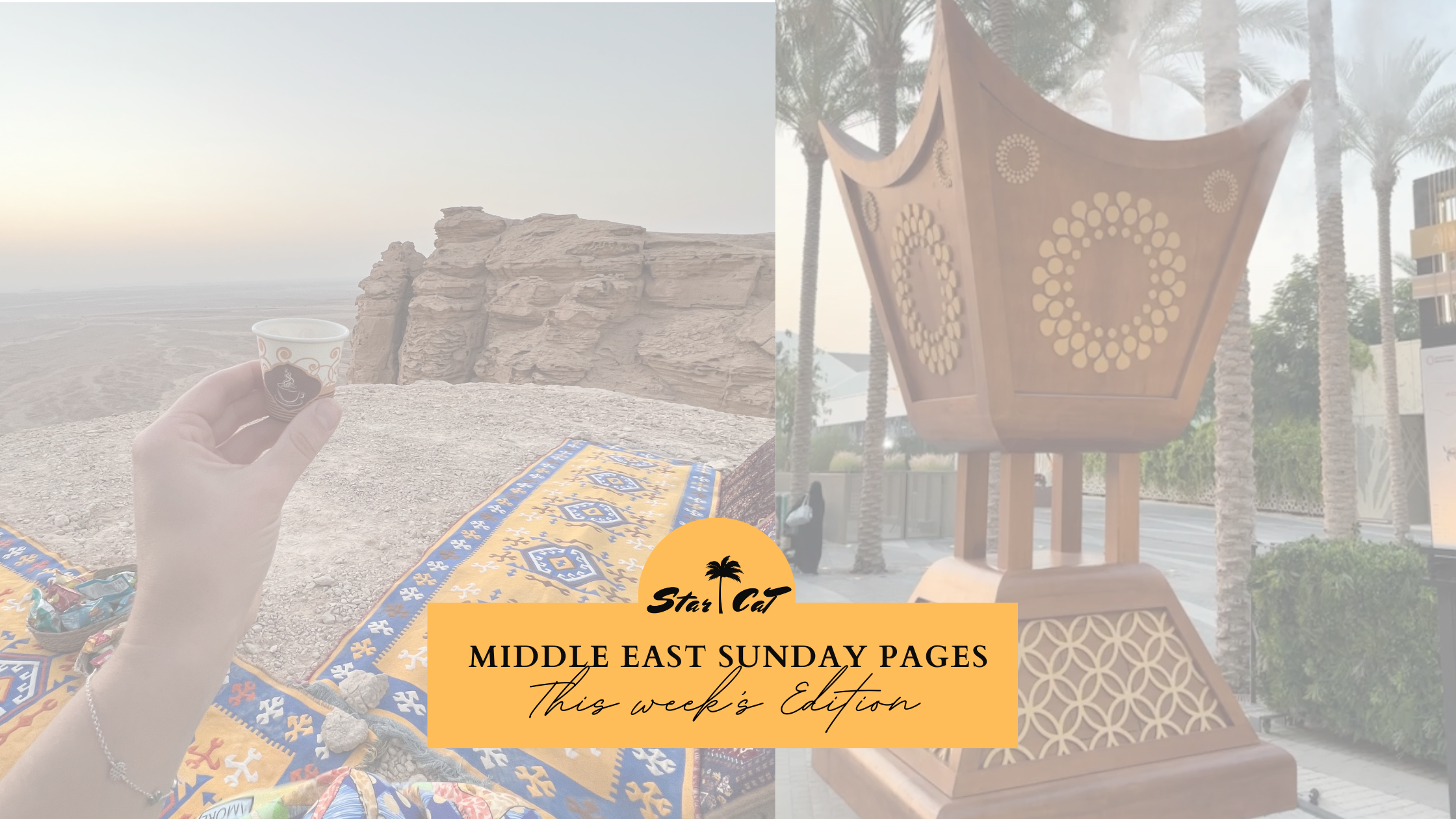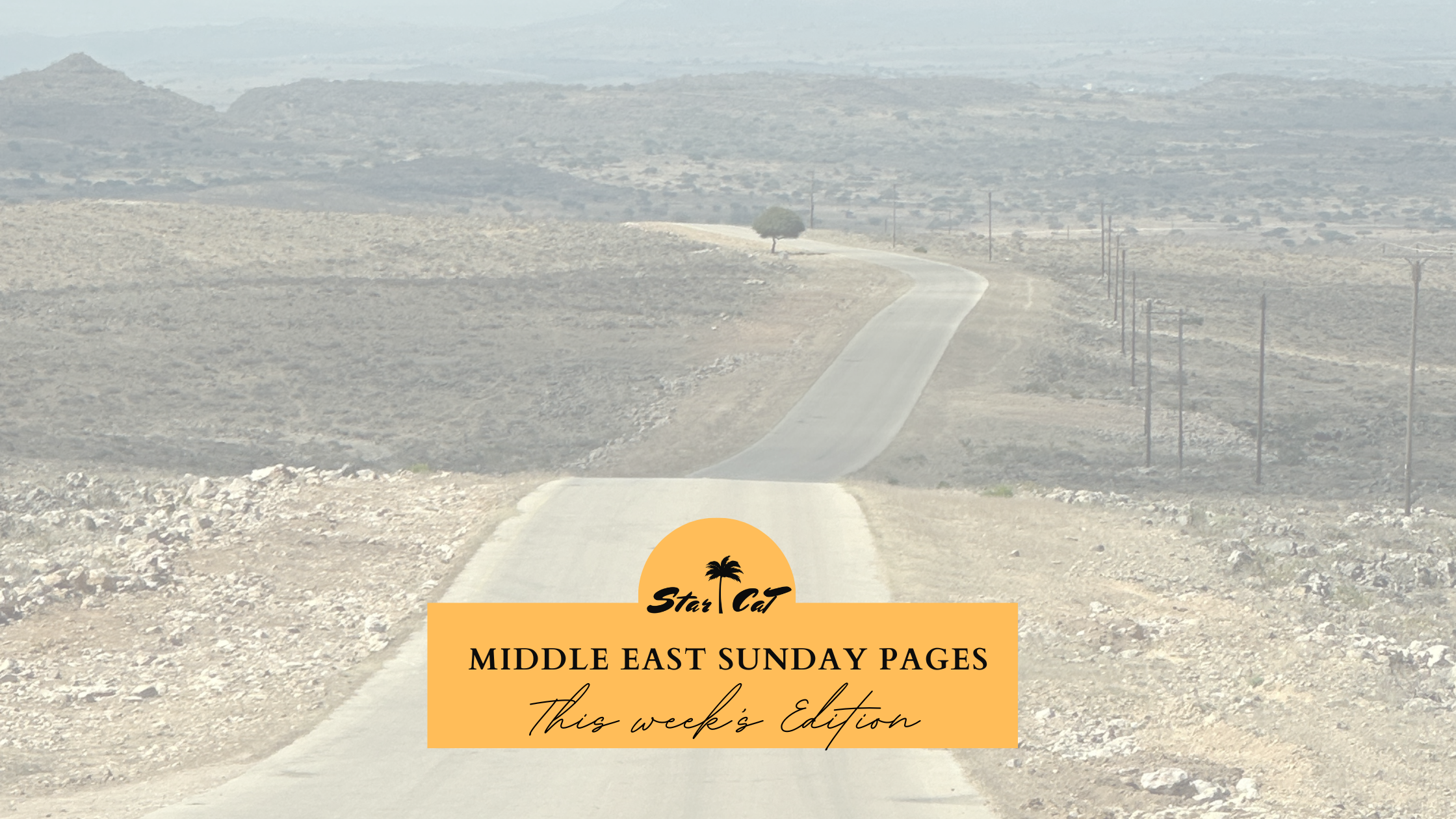
The Journey to Hajj
Today we are delighted to have our first Guest Blogger. Thank you Uzma Siddiqi for sharing your Journey of Hajj with us.
Hajj is one of the Five Pillars of Islam. Let’s look at the five pillars of Islam. They include: Declaration of Faith (Shahada), Prayer (Salah), Fasting during Ramadan (Sawm), Almsgiving (Zakat) and Journey to Makkah (Hajj)
Hajj is one of the Five Pillars of Islam, a duty that every Muslim must perform at least once in their lifetime if they are physically and financially able. This year, Allah granted me the opportunity to fulfill this obligation, and I approached it with a heart full of keenness and devotion.
The Preparations and Arrival in Makkah
One of the best companies, Rukn ul Khamis, arranged preparatory sessions. The sessions were held in Arabic and English, and instructions were given on performing the Hajj step by step.
The journey began with meticulous preparations. From ensuring I had the necessary travel document (TASREEH) to attending the rituals of Hajj, every step was taken with care and devotion. We were checked at the Taif check post, where each vehicle and passenger was screened for their Tasreeh (Hajj Permit). Arriving in Makkah, the sight of the Kaaba for the first time was overwhelming, filled with awe and tears of joy. It marked the beginning of a spiritual journey.
The rituals started with Tawaf, the circumambulation of the Kaaba. Joining thousands of pilgrims in this act of worship, I felt a deep connection with my fellow Muslims and the history of our faith. Following Tawaf, the Sa’i, walking seven times between the hills of Safa and Marwah, commemorated Hazrat Hajira’s desperate search for water for her son, Ishmael. It was a physically demanding ritual yet spiritually uplifting, symbolizing trust in Allah’s providence.

The Profound Experience of Yum e Arfa (Day of Arafat)
Yum e Arfa, the Day of Arafat, is the Hajj pilgrimage’s peak. Standing on the plain of Arafat, where Prophet Muhammad delivered his Farewell Sermon, was a humbling experience. The day was spent in prayer, reflection, and seeking forgiveness. I remained busy in dua and zikr and constantly sought forgiveness from Allah. I felt a profound sense of closeness to Allah as I poured out my heart in supplication. This day, I reinforced the significance of repentance and the boundless mercy of Allah.
The Sacrifice of Yum e Nahr (Day of Sacrifice)
Yum e Nahr, known as the Day of Sacrifice, coincides with Eid Al-Adha. This ritual commemorates Prophet Ibrahim’s willingness to sacrifice his son in obedience to Allah. The symbolic act of sacrificing an animal was a powerful reminder of submission and devotion to Allah. It was also a day of joy and celebration, connecting with other pilgrims and sharing in the spirit of sacrifice and generosity.

Cultural Exchange and New Friendships
One of the most enriching aspects of my Hajj experience was meeting women from different nationalities. Hajj is a melting pot of cultures, and I had the privilege of connecting with fellow pilgrims from diverse backgrounds. We exchanged stories of our religious rituals, shared cultural taboos, and learned how each of us navigated these to fulfil our Hajj obligations.
For example, I met ladies from Egypt, Sudan, and Jordan, each bringing unique perspectives and traditions. We discussed how cultural practices influenced our ways of observing certain rituals, such as the specific prayers recited or the attire worn during the pilgrimage. These conversations broadened my understanding of the global Muslim community and fostered a sense of unity and sisterhood.
Overcoming Hardships and Personal Growth
Hajj is a journey that tests physical endurance, patience, and resilience. The challenges, from navigating crowded spaces to enduring the heat, were opportunities for personal growth. Each hardship I faced and overcame made me more grateful for the blessings in my life. It taught me patience, humility, and the strength of my faith.
Returning from Hajj, I carry memories and lessons that will last a lifetime. The experience has deepened my spiritual insights and broadened my cultural understanding. It was a journey of self-discovery, nurturing my spiritual development, and strengthening my bond with Allah. I am humbled and deeply grateful to Allah for granting me this opportunity.
As I resume my daily life, the essence of Hajj continues to resonate within me. The pilgrimage has left an indelible mark on my heart, and I pray that the lessons learned will guide me in my journey of faith and devotion.
Here are key takeaways from my journey:
- Hajj brings together millions of Muslims from different backgrounds, languages, and cultures. This unity in diversity highlights the beauty of Islam and the shared values that bind us.
- The rituals of Hajj—Tawaf, Sa’i, standing at Arafat—each offered moments of deep reflection and spiritual growth. These practices reinforced my faith and commitment to a life of purpose and devotion.
- Hajj’s physical and emotional challenges taught me the importance of patience and perseverance. Standing in long lines or enduring the desert heat, I learned to remain steadfast and calm.
- Interacting with fellow pilgrims from various countries, I realised the global nature of the Muslim community. These interactions fostered a sense of brotherhood and mutual respect, transcending national and cultural boundaries.
- The simple white garments (Ihram) worn during Hajj symbolise equality and humility. This attire strips away social distinctions, reminding us that in the eyes of Allah, we are all equal.
- Throughout the journey, I witnessed countless acts of kindness and generosity. Free food and drink were given to people on their way to pilgrims, and these moments reinforced the importance of compassion and the impact of small gestures in creating a supportive community.
- Engaging with people from diverse cultures allowed me to appreciate different customs and traditions. This cultural exchange enriched my understanding and broadened my perspective.

Performing Hajj made me more grateful for the blessings in my life. The experience of leaving behind comforts and enduring hardships deepened my appreciation for everything I have.
Hajj provided a unique opportunity for self-analysis and spiritual renewal. It was a time to reflect on my life, seek forgiveness, and set new intentions for the future.
Returning home, I am inspired to live a life that reflects the teachings and values reinforced during Hajj. This journey has strengthened my commitment to my faith and community.
Hajj is more than a religious obligation; it’s a journey of the soul that fosters spiritual growth and cultural understanding. I am grateful for the lessons learned and the opportunity to connect with fellow Muslims from around the world. You can connect with Uzma on LinkedIn here.




This Post Has 0 Comments